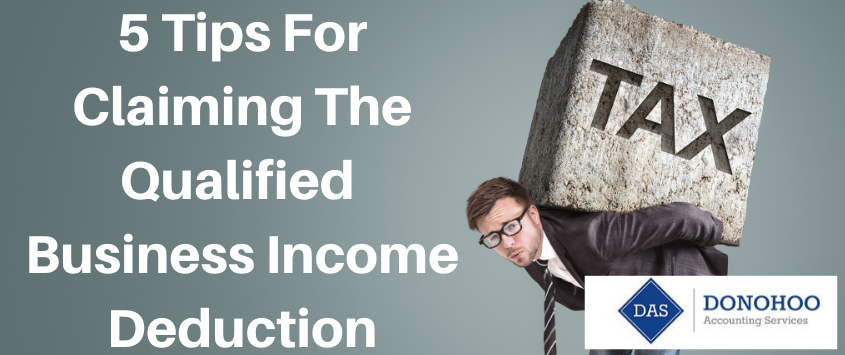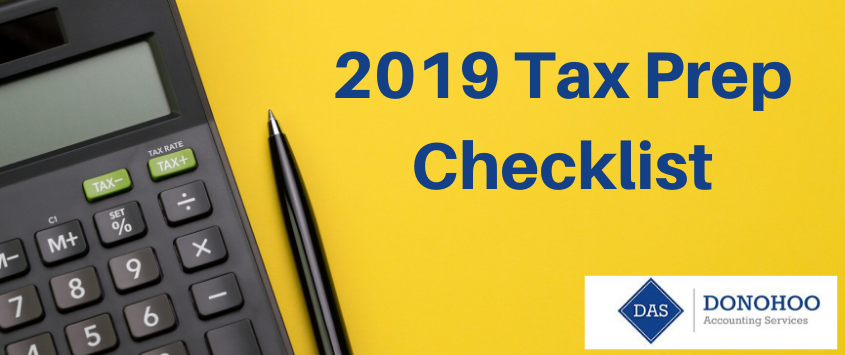5 Tips for Claiming the Qualified Business Income Deduction
Some forms of taxable business income now have a lower rate, thanks to a new deduction for qualified business income (QBI). If you like the thought of paying tax on 20 percent less of certain kinds of business income, be sure to follow these five tips:
Qualifying Income
Only individuals and business owners with certain kinds of income are able to claim this new QBI deduction (also known as the Section 199A deduction). The QBI deduction may allow you to reduce your taxable business income by 20 percent if it’s earned by a domestic business that is operating as:
- an individual,
- sole proprietorship,
- partnership,
- S corporation,
- real estate investment trust (REIT),
- publicly traded partnership (PTP), or
- some types of trusts and estates.
Income paid to you as an employee and income from C corporations is not eligible income for the QBI deduction.
Income That Does Not Qualify
Qualified forms of income, minus deductions and losses, total your QBI. Wage income, as well as a dozen other varieties of income, do not figure into your QBI. A tax professional can walk you through the list of income types that do not count toward QBI.
The Deduction’s Limitations
The 20 percent QBI deduction is only available to certain types of trades and businesses and allowable only under defined income levels. For example, domestic trades or businesses operating as sole proprietorships, partnerships, S corporations, trusts or estates with taxable income at or below $157,500 for those filing as individuals ($315,000 for a married couple filing a joint return), including the unadjusted basis immediately after acquisition (UBIA) of qualified property held by the trade or business. Other limits may also apply. Your tax professional can help you decide which ones apply to your situation. Itemizing your deductions by using Schedule A, or taking the standard deduction, does not affect your ability to claim the QBI deduction.
Trades or Businesses That Qualify
Any trade or business listed under Internal Revenue Code Section 162 qualifies except for three kinds:
- Those conducted by a C corporation,
- Performing services as an employee, or
- A specified services trade or business (SSTB), one that relies upon an individual’s endorsement, likeness, voice, or identity (within certain industries) where the principal asset is the reputation or skill of at least one of its employees or owners. There are exceptions, however. IRS Publication 535 provides additional details about qualifying businesses.
Computing the QBI Deduction
Publication 535 also contains worksheets to help you compute the QBI deduction. In some cases, the Form 1040 instructions will be appropriate to guide you through the computation. Have a tax professional help you decide which method is right for your business. Donohoo Accounting is prepared to answer your questions and find the most deductions that apply to your particular business. Talk with one of our specialists or schedule an appointment today by calling 513-528-3982 or email us. Check us out on Facebook, Twitter or LinkedIn for our latest tips and updates!







